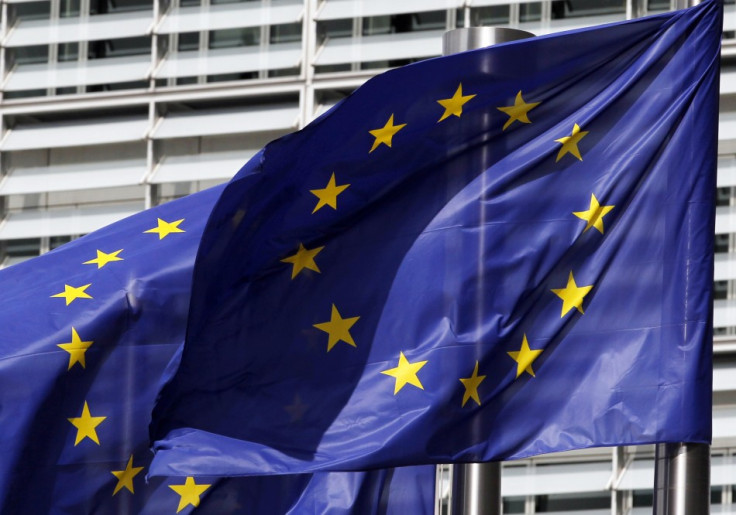Europe Day: What is it and what has it got to do with the European Union?

Today is Europe Day – a day marked by the European Union to celebrate unity in the 28-nation bloc. Observed on 9 May, this year the day marks the 66th anniversary of the Schuman declaration, which saw the former French foreign minister put forward an idea for a new union between European nations to prevent future conflict on the continent after the Second World War.
What was the Schuman declaration?
Robert Schuman's vision was to create a European organisation that would be responsible for pooling the French and German production of coal and steel.
The proposals are considered to be the beginning of what is now the European Union, an economic and political union of 28 countries, in which each country is independent but trades under an agreement made between the nations.
The ECSC – European Coal and Steel Commission – was created by the founding members France, West Germany, the Netherlands, Belgium and Luxembourg.
Why was the ECSC created?
The Schuman Declaration was made after the Second World War. Five years after the conflict ended, the European countries were still struggling to overcome the devastation. The European economy had collapsed, industrial infrastructure had been destroyed and millions had been left homeless.
European heads of state agreed that pooling coal and steel production would make war between France and Germany "unthinkable, but materially impossible".
"Europe will not be made all at once, or according to a single plan. It will be built through concrete achievements which first create a de facto solidarity. The coming together of the nations of Europe requires the elimination of the age-old opposition of France and Germany. Any action taken must in the first place concern these two countries," the declaration reads.
The union would be open to other countries too. By merging economic interests, standards of living would improve and Europe would move towards unification.
"This production will be offered to the world as a whole without distinction or exception, with the aim of contributing to raising living standards and to promoting peaceful achievements."
Is peace under threat?
A referendum to decide whether the UK should remain in the European Union will take place on Thursday 23 June. British Prime Minister David Cameron has warned there could be another conflict on the continent if the UK were to break away from the EU.
"Can we be so sure that peace and stability on our continent are assured beyond any shadow of doubt?" Cameron said, making reference to the Ukrainian civil war and conflict in the Balkans. He said the UK has regretted "turning its back" on Europe in the past and argued the EU has helped to maintain peace and "reconcile" countries.
What is the European Union and when was it formed?
The EU is an economic and political union of 28 countries. Each of the countries within the union are independent but trade under an agreement made between the states. The countries within the EU are: Austria, Belgium, Bulgaria, Croatia, the Republic of Cyprus, Czech Republic, Denmark, Estonia, Finland, France, Germany, Greece, Hungary, Ireland, Italy, Latvia, Lithuania, Luxembourg, Malta, the Netherlands, Poland, Portugal, Romania, Slovakia, Slovenia, Spain, Sweden and the UK.
The EU united the economic and political interests of its member states under a single umbrella and entrenched human rights in law to prevent a repetition of the Holocaust in Europe. It operates a single market which allows the free movement of capital, goods, services and people between member states.
© Copyright IBTimes 2025. All rights reserved.




















